
Every young person has to make life-changing decisions about their sexual and reproductive health. However many of them cannot access clear, evidence-based information. IPPF's comprehensive sexuality education programmes enable young people to make informed decisions about their sexuality and health, while building life skills and promoting gender equality.
Articles about Comprehensive Sex Education
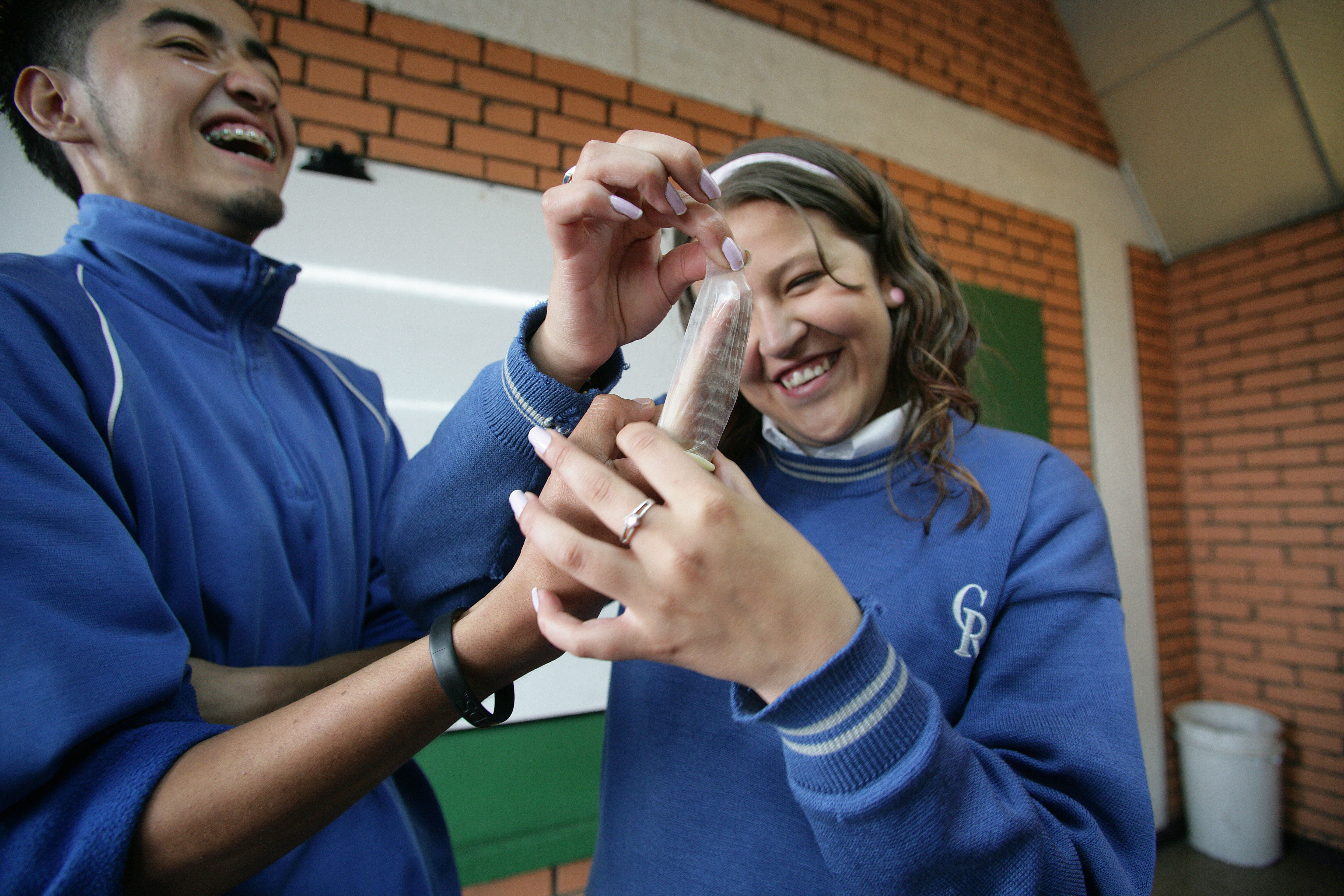
Is the 2016 Political Declaration on Ending AIDS finally a ‘farewell to abstinence and fidelity’?
Mikaela Hildebrand,Senior Policy Adviser - for Sexual and reproductive health and rights, from IPPF's Swedish Member Association writes a short reflection on the High Level Meeting on AIDS, published in the Lancet this week. Negotiators at #UN choose evidence over ignorance: choose #sexed over#abstinence in #AIDS Declaration https://t.co/cHEEyxOZw9 — RFSU (@RFSU) August 16, 2016 "In June 2016 I took part in the 2016 United Nations General Assembly High Level Meeting on AIDS as part of the Swedish Delegation. As RFSU, the Swedish Association for Sexuality Education and IPPF MA, together with many other committed organisations, we had followed the negotiations for a good few months. We had focused our advocacy on comprehensive sexuality education, and we knew the oppositions would be tough. We needed a political declaration that delivered a policy commitment to evidence informed programmes to advance comprehensive sexual and reproductive health and rights, comprehensive sexuality education included, to re-shape HIV prevention efforts. Much was at stake. Comprehensive knowledge about correct and consistent HIV prevention remains appallingly low, and has stalled over the past 15 years. New HIV infections have only dropped about 8% from 2010 to 2014 among young people and adults, and there still are some 2000 new HIV infections among young people every day. While the assessment of the outcome document has been rather polarized with some seeing it as a failure while others hail it as a great success, when it comes to comprehensive sexuality education, the outcome document all but mentions the concept. Paragraph 62 (c) reads: Commit to accelerate efforts to scale up scientifically accurate age- appropriate comprehensive education, relevant to cultural contexts, that provides adolescent girls and boys and young women and men, in and out of school, consistent with their evolving capacities, with information on sexual and reproductive health and HIV prevention, gender equality and women’s empowerment, human rights, physical, psychological and pubertal development and power in relationships between women and men, to enable them to build self- esteem, informed decision-making, communication and risk reduction skills and develop respectful relationships, in full partnership with young persons, parents, legal guardians, caregivers, educators and health-care providers, in order to enable them to protect themselves from HIV infection; While the word sexualty is missing, all the core elements of comprehensive sexuality education are there. However the most important thing, are the two missing words: abstinence and fidelity. This small omission, is infact a hard won major gain from the negotiations and signals a much needed shift in HIV prevention from dogma to evidence. On the last day of the meeting, when the negotiations had been sealed and the Political Declaration adopted, I had a conversation with Kent Buse, chief of Strategy and Policy Directions at UNAIDS on the the importance of these missing words. We decided it needed highlighting. So together with Sarah Hawkes, Professor at University College London, we wrote a commentary that was published today in the Lancet Global Health, to make sure that the removal of these two concepts from the toolbox of HIV prevention, at least at a global policy level, does not go unnoticed. Now we need to translate this policy commitment to action through follow up at country level and challenge outdated national frameworks. The commentary outlines the following four point policy action agenda: Update country policy frameworks and abandon abstinence-based and fidelity-based HIV prevention programmes, in consultation with technical agencies Develop comprehensive sexuality education curricula that include addressing gender-power dynamics to deliver on the sexual health and gender equality targets of the 2030 Agenda for Sustainable Development, and strengthen capacity of teachers to deliver it Work with teachers' unions, parent associations, and traditional and community leaders to shift community perspectives on comprehensive sexuality education and the delivery of comprehensive sexual and reproductive health programmes in and out of schools Support advocates, including youth groups, to hold their governments accountable for international commitments made, including in the Political Declaration on HIV and AIDS" You can read the full commentary here: http://www.thelancet.com/journals/langlo/article/PIIS2214-109X(16)30138-3/fulltext
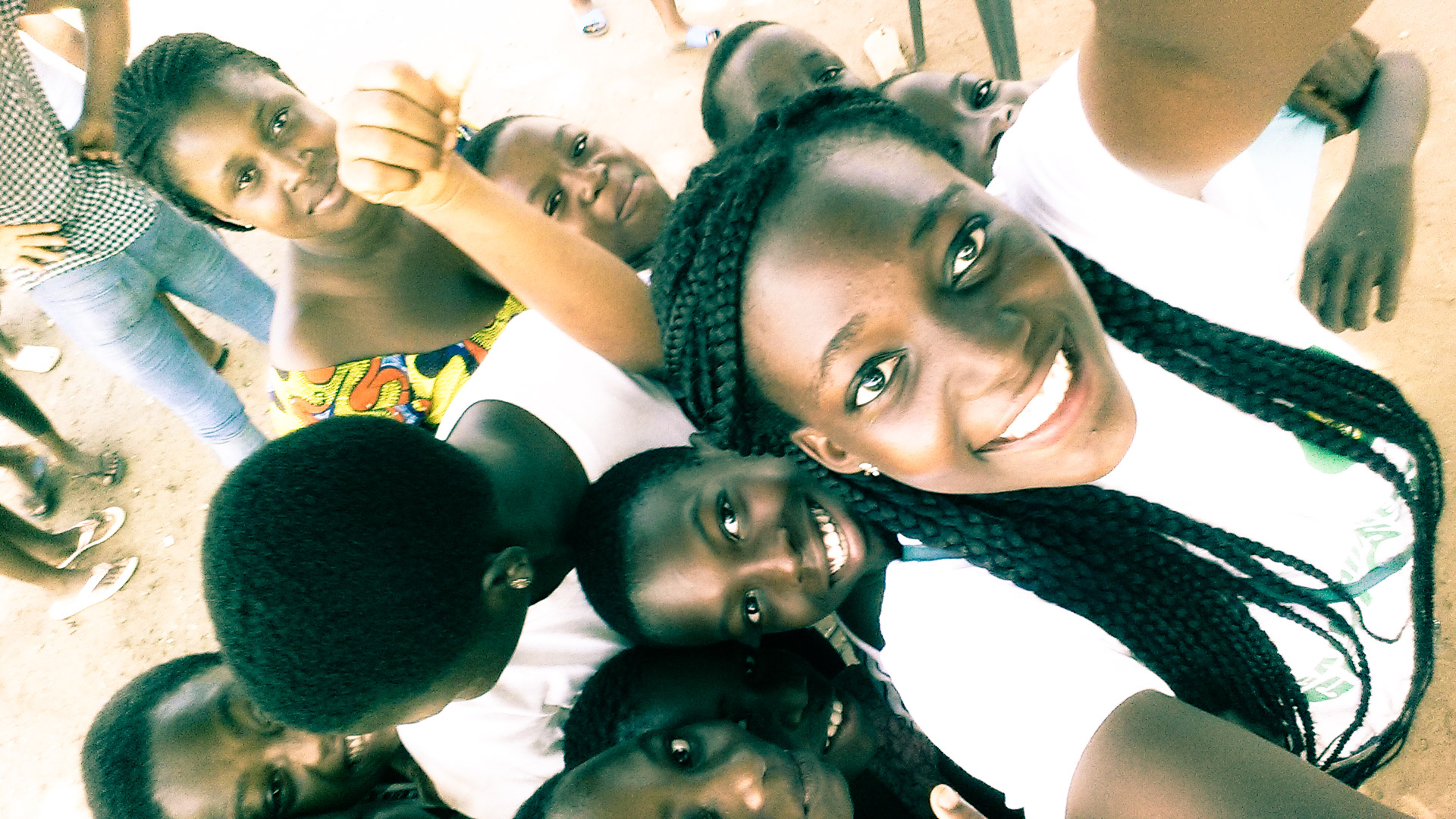
Celebrate the young! Celebrate our sexuality!
I am Akosua Agyepong, a 20 year old, who talks about sex! I am a proud youth volunteer of the Planned Parenthood Association of Ghana. I talk about sexuality with other young people and encourage them to do the same. "Akosua, you have started menstruating. If you do anything with a boy, you will get pregnant. So avoid boys." These were the words of my mother, a brave woman who had been victorious in battling out the forbidden topic of sex and sexuality. I am sure she felt like the Yaa Asantewaa of her time, she looked very much fulfilled. Well, I couldn't blame her. In a society like ours, there is no Comprehensive Sexuality Education. Sex is hushed and parents leave this 'awful' task to the science teachers at school. So here was a woman, my mother, who had been able to conquer the topic in one sentence; calling sex 'anything’ and expecting her daughter to completely understand all there is to sex and my sexuality. She trusted biology class to do the rest. But that only prepared me for my Basic Education Certificate Examination. It went no further than a textbook on the functions of my reproductive system. To be honest, if I hadn’t started volunteering at the Planned Parenthood Association of Ghana, I doubt I would have turned out to be any different from my mother. I would have been taught to run away from the topic just as my mom had been taught by hers. It’s been two years now since I started volunteering for the Association, and I’ve had a brilliant experience full of learning, challenges and growth. The Ghana Education Service doesn't answer any questions about sex and my sexuality; and it definitely doesn't help curb the rising rates of child prostitution, child marriage, gender based violence, teenage pregnancy, or HIV infections among young people. So through my volunteering I’m helping young people who are now facing these issues. I’m learning how to network, lobby, advocate and how to teach. It’s refreshing for young people to have a safe space where we can talk about our sexuality as well as sexual health, without any fear. As soon as I started volunteering with the Association I just loved it. Volunteering - providing comprehensive sexuality education for other young people in my community - has empowered me to act positively. It’s this freedom and confidence that I want to share with others. For me, there are three types of young people in my community. The first are those I'd like to call 'The Open Receivers' these group of young people are excited about comprehensive sexuality education and openly show their excitement without any shame. I like these people the most! Educating them is so easy and not at all boring. I have noticed that they are particularly enthused when the topic of condoms and sex comes up. Their faces beam with happiness and they ensure to pocket a good number of condoms before they let us peer educators go! Some of them are already sexually active and most of them are boys. Then we have the 'The Hidden Receivers'. This group is mostly female. Oh yes! They sit in the corner, most of them with their heads buried in a book, (some of them prefer to hold Bibles) and listen on. They look up occasionally and nod but they don't ask questions. But, actually, once you leave your contact details, they don't stop sending you questions through texts and calls! There is a classic example of a girl who wouldn't allow us to enter her room. However, her boyfriend came to the door and was excited to know we were there to talk about stuff concerning sexuality. He gave us seats but his girlfriend remained silent in the corner of the room, as though she was not paying attention. So we had a good conversation with her boyfriend, answering all his questions. He even asked for our numbers for future contact. Later I received a text from an unknown number. It was the girlfriend asking about contraceptive use and so much more! We had a great discussion, and guess what? She still keeps in touch! This makes me so happy! But the last group are the once that make you feel you're doing no work at all. I call them "The Impermeables". It's actually no fun educating this group of people. They react to nothing you say and sometimes give you a stare that makes you shiver! They are mostly very religious people who think that all sex-related issues are for the married only. However, they only motivate me to find creative ways of breaking the walls they put up to send my message across. I feel fulfilled when I share this knowledge. It’s not without some challenges though. Does make my mum feel uncomfortable? Of course, I sense it. And it’s sad, that just because I talk about sex some people think I’m promiscuous or even a sex worker! But through pushing the comprehensive sexuality education agenda, I contribute to the fight against HIV/AIDS, teenage pregnancy and sexual violence in my community. It’s taught me a lot and I can celebrate my sexuality with confidence everyday because of the knowledge I have! For two years I have been working tirelessly to reach my peers. I want to reach as many people as possible so they can freely exercise their sexual and reproductive health and rights, no matter which group they belong to.
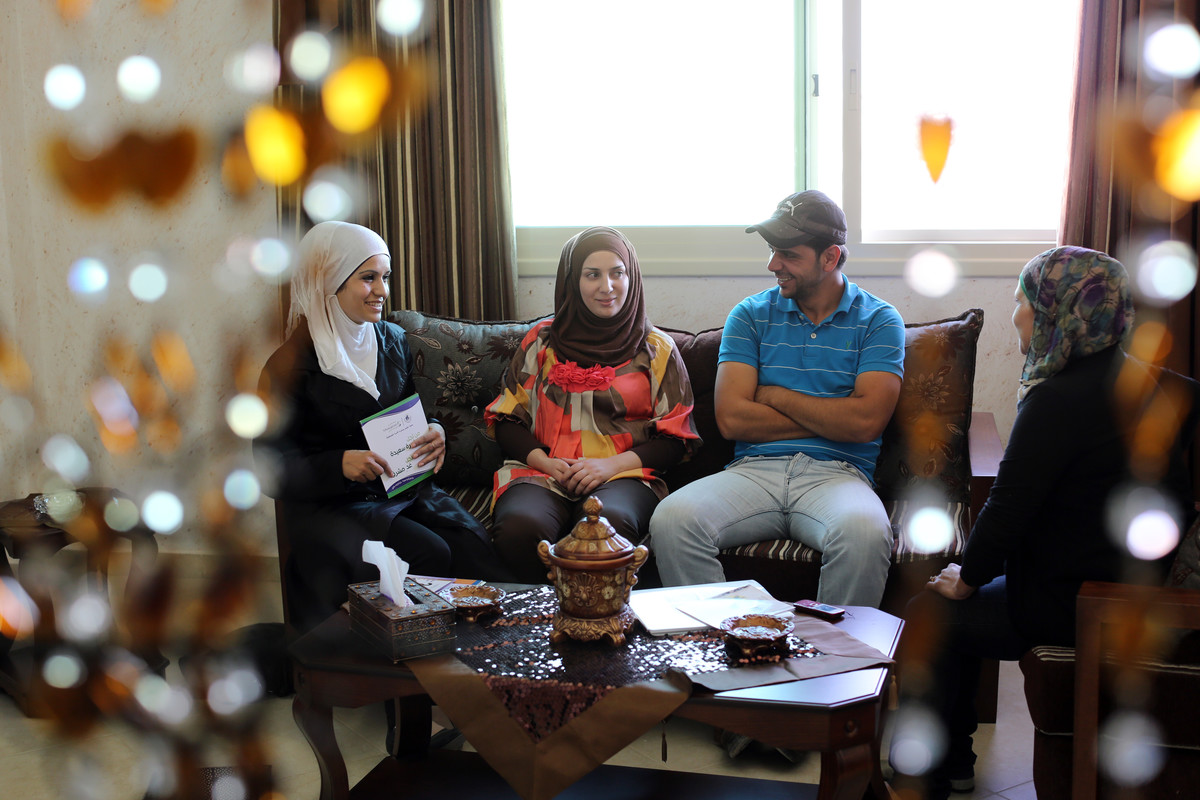
Young Palestinians healthier from pre-marriage counselling
IPPF’s Palestinian member association, PFPPA, faces a huge range of challenges, but a growing one is the number of early marriages among Palestinians. “Lately the percentage of early marriage – that is below the age of 19 – has increased. It is about 21 per cent in the West Bank, and nearly 29% in Gaza, and that is very high,” explains Amina Stavridis of PFPPA. The legal minimum age for marriage is 15 under the Jordanian code followed by Palestinians in East Jerusalem and the West Bank, and families often see marriage as a safe option for their girls. “Because we live in conflict people feel safe if their daughter is gets married,” says Amina “But young people are getting married when they know nothing about sexuality education.” The consequences for young women are predictable in a place without legal abortion. “Because they get married they are much more likely to get pregnant. Once that happens, with the restrictions under which we operate, we can do nothing for them. They are children. This is something which is really burning my heart.” PFPPA’s approach is to work with the Ministry of Health, using their own experience with a programme of pre-marriage counselling. Last year, about 25,000 young Palestinians benefited from sessions held on topics related to early marriage, sexuality, sexual and reproductive health, communication skills and sexual relationships, ahead of or just after, getting married. And PFPPA has an innovative way of finding out who is about to get married. “We work with the courts,” explains Amina. “If someone is getting married they need a certificate. We contact people when we know from the courts. Some of them we reach six months before they get married, some three months before, some a month, some just after they are married. “Before they come they know nothing. If we can reach them, they will use family planning. I’m looking to the positive.”
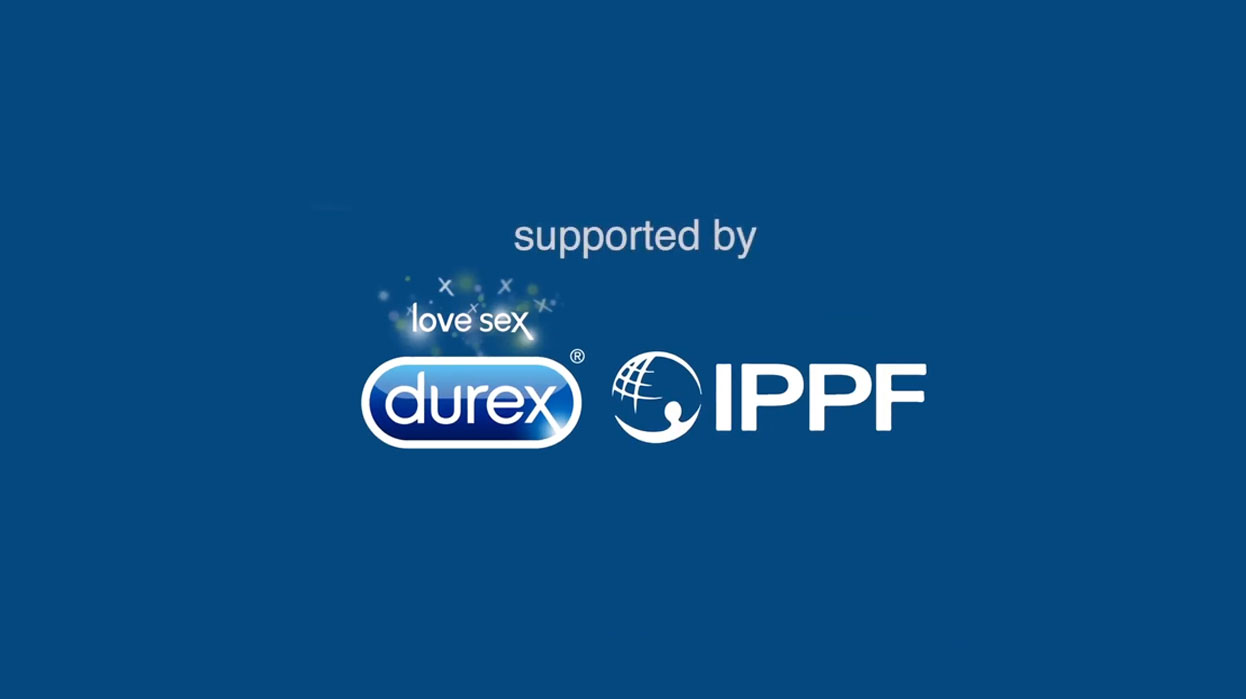
IPPF and Durex join forces to raise awareness of Zika as an STI
Global #DontShareZika campaign launched to spread the message with an educational video and condom giveaway. As the global focus shifts to Brazil, the world’s leading sexual wellbeing brand Durex and the International Planned Parenthood Federation (IPPF) have joined forces to launch #DontShareZika, a global campaign to raise awareness of the Zika virus, educate about its status as a sexually transmitted infection (STI) and provide direct support by handing out millions of free condoms. We're working with @ippf to help stop the spread of #Zika. Want to help? Share this, but #DontShareZika… pic.twitter.com/hdhx51sEi2 — Durex Global (@durex) August 5, 2016 The move follows the update by the World Health Organization (WHO), confirming that in addition to being spread by infected mosquitoes, Zika* can also be transmitted sexually. This means that everyone - including people in a monogamous relationship - may be at risk from the STI if they, or their partner, have visited an affected area and been bitten by an infected mosquito. As an STI, the Zika virus has the potential to travel and spread between people who may not even realise they are infected. In response, Durex have created the #DontShareZika video to educate that the Zika virus can be passed between couples during unprotected sex, and committed to a giveaway of three million free condoms in Brazil. WHO recommends that men and women returning from an area where Zika is circulating should practice safer sex, including through the correct and consistent use of condoms, for at least eight weeks after leaving an affected area, even if they don’t have symptoms. At a time when Brazil is expecting as many as a million extra visitors from across the globe, the #DontShareZika campaign aims to spread this important message as widely as possible to limit the risk of further infections. #DontShareZika follows recent work by Durex lobbying for the world’s first safe sex emoji** designed to help young people discuss safe sex. Both initiatives are part of Durex’s continuous efforts for better sexual health and education globally. “As the world’s number one sexual wellbeing brand we have a responsibility to make people aware of this STI, to help people to stay healthy and to prevent the sexual transmission of the virus.” commented the Global Director ofRB the brand, Volker Sydow. IPPF Director General Tewodros Melesse, added; “Our aim is to ensure all people have access to sexual and reproductive health information and services. At the moment, many people still don’t realise that Zika can be transmitted sexually. Communicating this and enabling people to protect themselves and their partners is critical, so we welcome #DontShareZika and Durex’s free condom giveaway in Brazil.” Durex are calling for people to support the campaign and help share a message of protection and prevention faster than this STI, Zika, can be spread, by sharing the informative video and using the hashtag #DontShareZika. Follow @Durex for more information. For more information on the Zika virus visit: http://www.who.int/mediacentre/factsheets/zika/en/. -ENDS- For further information please contact Amy Williams: [email protected]/ 0207 292 5084 or Toby Leston: [email protected]/ 0207 2929 6451 Notes to Editors * Zika virus is linked to microcephaly - a condition where babies are born with brain damage and undeveloped heads. ** www.youtube.com/watch?v=O7iKgKpkWfU About Durex Durex® is the #1 sexual wellbeing brand worldwide. The brand not only produces condoms that exceeds global testing standards, but also offers pleasure gels, lubricants and personal massagers. With over 80 years of experience in the bedroom, Durex is dedicated to inspiring lovers to love sex safely. That is why Durex will never stop innovating with new products that enhance the sexual experience, helping couples get closer and go further together. For more information, go to www.Durex.com. About RB* RB is the world’s leading consumer health and hygiene company. The company has operations in over 60 countries, with headquarters in London, Dubai and Amsterdam, and sales in most countries across the globe. The company employs approximately c. 37,000 people worldwide. Inspired by a purpose to deliver innovative solutions for healthier lives and happier homes, RB is in the top 20 companies listed on the London Stock Exchange. We are the global No 1or No 2 in the majority of our fast-growing categories, driven by an exceptional focus on innovation. Our health, hygiene and home portfolio is led by our global Powerbrands including Nurofen, Strepsils Gaviscon, Mucinex, Durex, Scholl, Clearasil, Lysol, Dettol, Veet, Harpic, Cillit Bang, Mortein, Finish, Vanish, Calgon, Air Wick, Woolite and French’s. Our Powerbrands represent 80% of net revenue. RB is redefining the world of consumer health and hygiene. Our people and unique culture are at the heart of our success. We have a drive for achievement and a passion to outperform wherever we focus, including sustainability where we are targeting a 1/3 reduction in water impact, 1/3 reduction in carbon and 1/3 of net revenue from more sustainable products. We are proud to be Save the Children’s largest global partner, with a new vision to radically reduce one the world’s largest killer of under 5s, diarrhea. For more information visit www.rb.com. *RB is the trading name of Reckitt Benckiser group of companies About IPPF IPPF delivers sexual and reproductive health services that let people make their own choices. We fight for everyone to have the right to make those choices. We are local, through our members and volunteers, and global, through our network. We meet need, wherever it is, whoever requires it, for as long as they want it.
Sexual health and education in the slums: one year in Kibera
Lorraine Nabwire has a hard job, in a tough place. Lorraine is centre manager of the Family Health Options Kenya (FHOK) clinic in Kibera, Nairobi – a place best known for being Africa’s biggest urban slum. No-one is sure exactly how many people live crammed into Kibera – estimates range from fewer than 200,000 to around 800,000. But there’s no doubting the challenges faced by its residents. “Poverty here is high, people are poor,” explains Lorraine. “People do not have flushing toilets; they share latrines, maybe one for five families. When it rains they flood into the roads. And the drains are open. They pose a risk to children and it’s why we have a lot of cholera in Kibera.” Homes in Kibera are invariably tiny corrugated iron shacks, with mud or concrete walls, one crammed by the next. Running water comes from shared standpipes. Electricity is hooked illegally, and dangerously, from power lines. “When the power company removes them they just come back. The poor connections for electricity mean we have a lot of fires here,” Lorraine says. Until 2015, FHOK provided sexual health care in Kibera from mobile units. Then in July, a permanent centre was opened. Lorraine has been in charge of it since day one. Amid the shanties, the FHOK clinic in Kibera is a welcoming place; brightly painted outside with a mural showing a carefully planned, smiling family, cool and calm inside. But to walk inside involves stepping over an open drain – a reminder of its whereabouts. Lorraine is very honest about the challenges she has encountered in Kibera. “It’s work in progress. At the start we might get five people a day coming to us. Now it is more than 20. It’s good to be positive, despite progress being slow.” It’s clear there is a great need for better sexual health care in Kibera. “People in Kibera do have many children, and the child bearing age is early, as early as 15,” explains Lorraine. “By the time they are 24 they have four kids, or more.” Backstreet abortions are frequent, and HIV infection and rates of sexually transmitted infections (STIs) are also a concern. But despite the unmet need for sexual health services and the low cost of treatment – most tests are no more than 50 Kenyan Shillings, about half a US dollar, and even those fees are waived for people who can’t pay at all - worries about stigma and myths around the side effects of family planning discourages potential clients. “The young, say 15 to 19, have fear of being stigmatised. They think someone might say “Hey, you?” so they don’t come. There is poor health-seeking among the youth, but also an unmet need for family planning,” explains Lorraine. Myths around family planning are also a problem. “People think family planning causes infertility, causes bleeding in pregnancy and other things. Most of these comments come from men, but if they do not want women to come they will not.” Changing attitudes is very much part of the work of Lorraine’s team, and they have developed a battery of methods. “We recruited community health volunteers in Kibera, our voice and our ears,” says Lorraine. “They refer people who need our services to us, tell us what people are saying about us and what they need that we are not giving. Since then our client flow has been improving. We had an in-reach day recently and we had about 80 clients. That was good.” Lorraine and her staff also take part in a weekly radio show, called “Health Talk” on the local Swahili radio station to challenge stigma and myths. Regular community events are helping, and the team also goes into schools in Kibera to teach sexuality education. “Sexual debut is as early as nine, so we are going into primary schools as well as secondary schools,” Lorraine says. “If you don’t start until children are 14 then you are already late.” As the FHOK clinic in Kibera celebrates its first anniversary, Lorraine is clear about how she hopes it will develop in the year ahead. “I want to see the community taking-up what we are doing so that it is community-led, not FHOK-led, so we are behind the scenes. We have to be part of the community.”
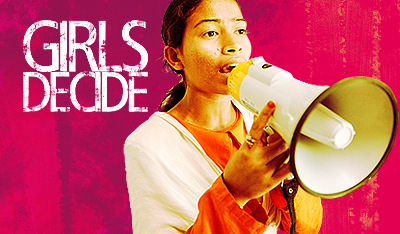
Girls Decide
This programme addresses critical challenges faced by young women around sexual health and sexuality. It has produced a range of advocacy, education and informational materials to support research, awareness-raising, advocacy and service delivery. Girls Decide is about the sexual and reproductive health and rights of girls and young women. Around the world, girls aged 10 to 19 account for 23% of all disease associated with pregnancy and childbirth. An estimated 2.5 million have unsafe abortions every year. Worldwide, young women account for 60% of the 5.5 million young people living with HIV and/or AIDS. Girls Decide has produced a range of advocacy, education and informational materials to support work to improve sexual health and rights for girls and young women. These include a series of films on sexual and reproductive health decisions faced by 6 young women in 6 different countries. The films won the prestigious International Video and Communications Award (IVCA). When girls and young women have access to critical lifesaving services and information, and when they are able to make meaningful choices about their life path, they are empowered. Their quality of life improves, as does the well-being of their families and the communities in which they live. Their collective ability to achieve internationally agreed development goals is strengthened. Almost all IPPF Member Associations provide services to young people and 1 in every 3 clients is a young person below the age of 25. All young women and girls are rights-holders and are entitled to sexual and reproductive rights. As a matter of principle, the IPPF Secretariat and Member Associations stand by girls by respecting and fulfilling their right to high quality services; they stand up for girls by supporting them in making their own decisions related to sexuality and pregnancy; they stand for sexual and reproductive rights by addressing the challenges faced by young women and girls at local, national and international levels.
IPPF and Youth
The world has the largest youth generation ever. IPPF is putting young people at the heart of its services: with them, we want to change social norms and guarantee their rights.
Women, Girls and Gender
The data about gender inequality are shocking: millions of women are victims of early marriage, female genital mutilation and different sorts of gender violence and discrimination.
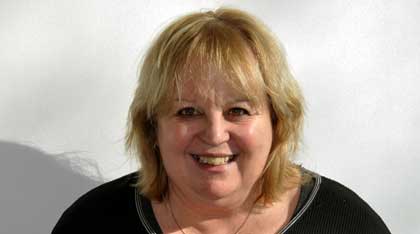
Doortje Braeken receives lifetime achievement award
The World Association of Sexual Health (WAS) has awarded Doortje Braeken – IPPF’s Senior Adviser on Adolescents, Gender and Rights, Programmes & Technical - their prestigious individual Gold Medal in recognition of her lifetime’s contribution to sexual health. She will be presented with the honour at an award ceremony at the biennial WAS Congress in Singapore this July. Doortje tells us what this award means to her and about her career promoting the sexual rights of young people. How significant is this award for you? It’s very significant because WAS is serious about sexual rights and it has a wide ranging membership – including sexologists, neurologists and educators and those working in erotica, the whole spectrum of sex is represented there. They acknowledge how important it is in people’s lives. Why have you won? I’ve been a sex educator since 1984 when I was working for the Dutch Member Association (now known as Rutgers WPF), promoting a much more serious approach to sexology education. I worked in Romania, Eastern Europe and Central Asia promoting sexual rights for young people and fighting for youth participation in our programmes. Why did you choose sex education? Once I had my children I found it hard to juggle motherhood and my work at university – I saw two jobs advertised: one for traffic safety and one promoting safer sex. I applied for and then got both jobs. I worked in both for a while and found promoting safe sex more interesting so I made it my full time career. At that point the Dutch Member Association was beginning to take a more professional approach to sexuality education, since then every working year has been different. I was asked to write a sexuality education manual for IPPF and then was asked to work with the Federation promoting the sexual rights of young people. What are you proudest of? I’m proudest that I’ve helped change IPPF’s attitude to young people – no longer seeing them as passive recipients of services but as genuinely equal partners. What’s next? I have two dreams: Firstly, I’d like to see IPPF promote its sexuality education agenda, but to make it attractive and, yes, ‘sexy’ for young people otherwise we’re in danger of losing their interest. It shouldn’t be just about warning them of the dangers of risky sex, but about their sexual rights and how they can enjoy them. Also, I’d like to revisit the young people I’ve worked with in the past and see where they are now. Some of our youth workers have gone on to work for the Ministry of Youth in Sri Lanka and at the Regional Council in Europe. Some of them are parents now, I’d love to know what they learned here and how have they used it in their lives. I’ve spent a lifetime investing in youth participation - it would be fantastic to see what impact it has had in individual’s lives. It’s been an exciting journey and I have met so many amazing people on my way. I wouldn’t have achieved anything without the hundreds of young people I worked with in IPPF, from a princess in Jordan to a young herder in Mongolia, who were both struggling with the question whether it was OK to masturbate, from Lena from Lebanon who had the courage take a stand for abortion rights and was almost expelled from her country, to trafficked girls in Syria, a young volunteer in Nepal who asked us to schedule our meetings based on the constellation of the stars (if we held the meeting then, she didn’t have to get married) to young sex workers in Indonesia and Surinam, trans boys in Bangladesh, young midwives in Siberia and young parliamentarians in the UK and Finland. And there are others who made my journey easy and so enjoyable; Esther Corona of WAS, Carmen Barosso of IPPF, Chandra Mouli of WHO and Mona Kadbey of UNFPA, who all mentored me and gave me the confidence to push the sexual rights agenda for young people forward.
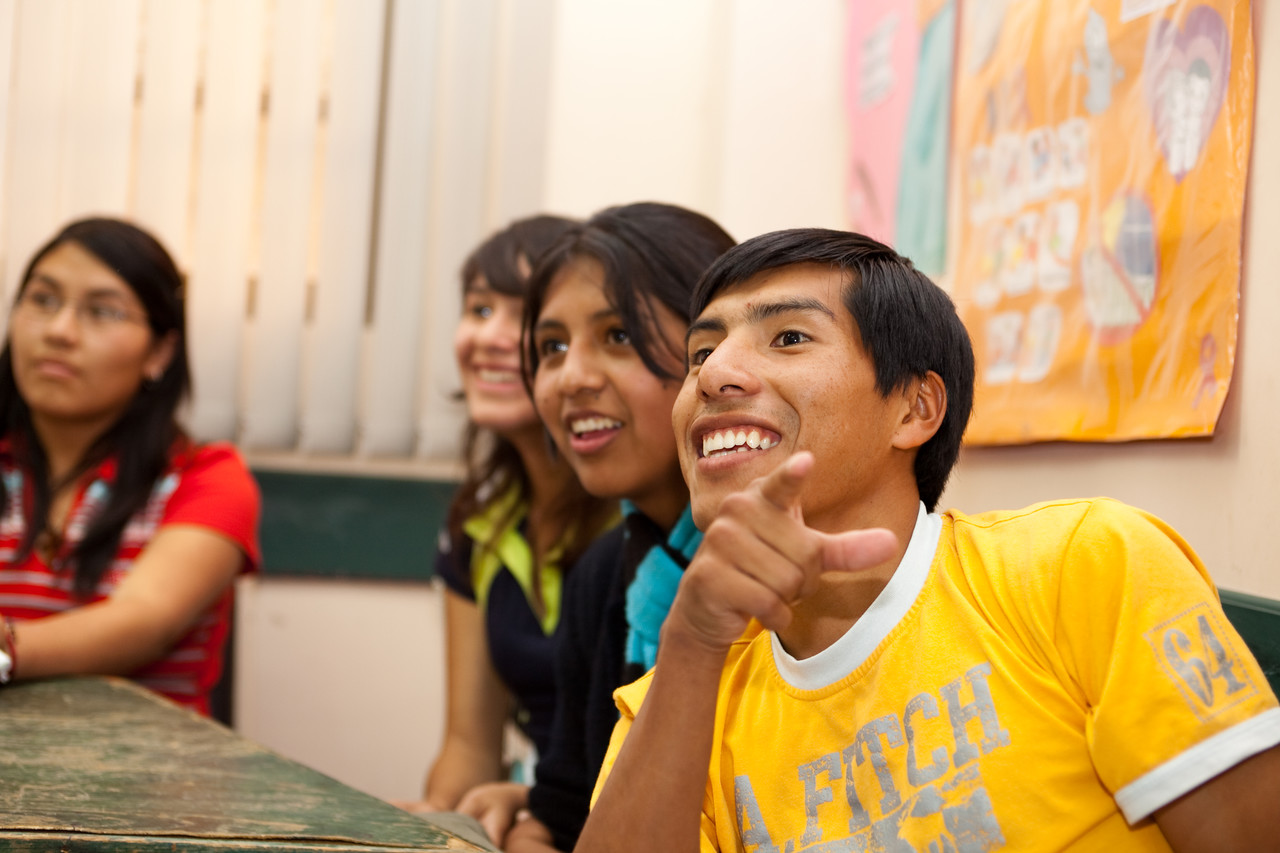
#KnowItOwnIt - your sexual rights matter!
IPPF's 2016 campaign is on strengthening quality comprehensive sexuality education for all young people, globally. Your sexual rights matter. It's time to Know It, Own It!
Pagination
- Previous page
- Page 11
- Next page






